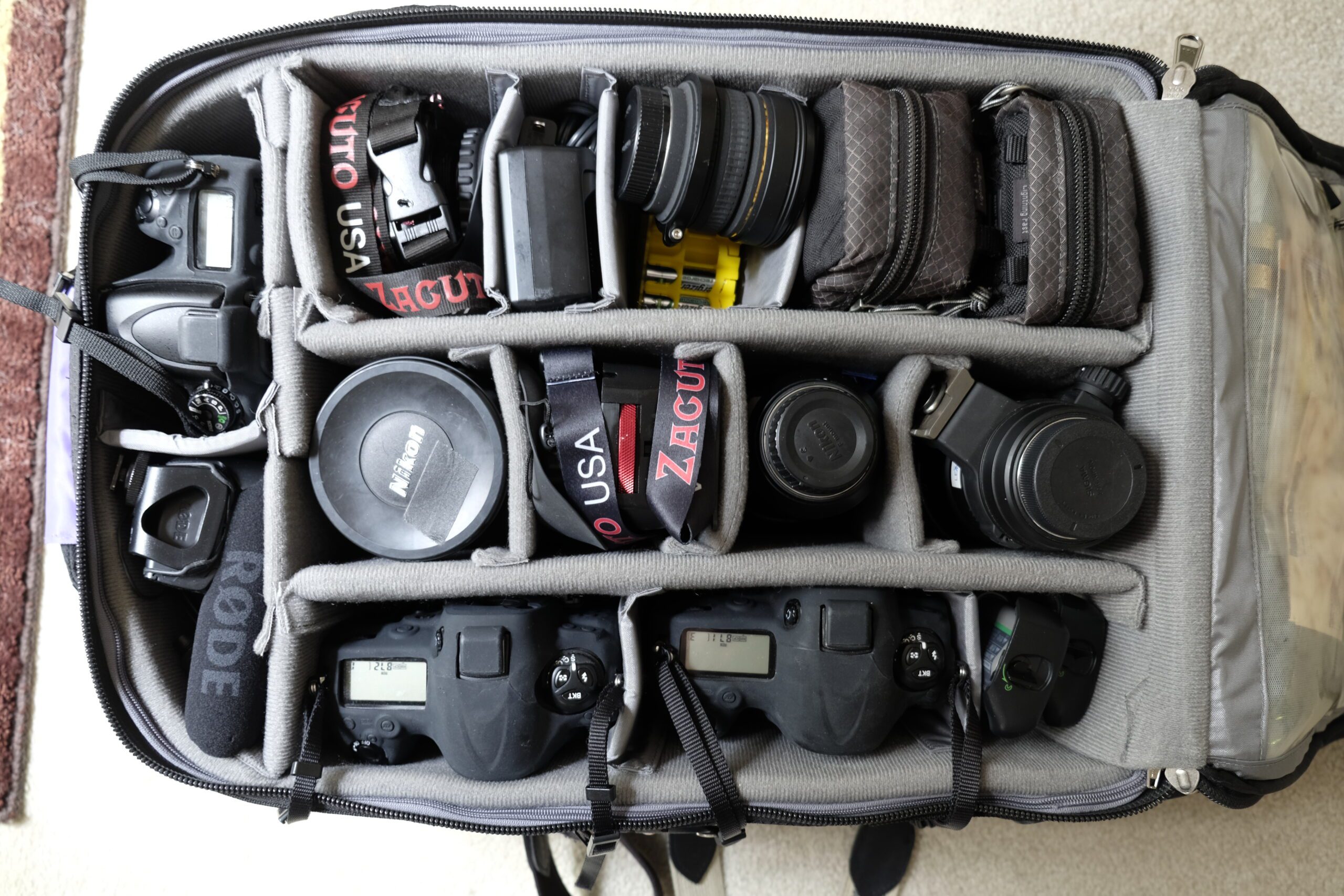I woke up to sad news this morning, that two of my friends were robbed in London in the basement of a church behind two locked doors. All of their camera gear was stolen. Dennis Fahringer was the photography instructor for Youth With A Mission, and his student Xiao Dong Yu from China had his gear and Chinese documents stolen. Keep them in your prayers, and if you can help, contact them.
They are doing this as a mission outreach for YWAM. If you want to support Tom and Dennis, you can donate here: http://dennisfahringer.com/DennisFahringer/Partners.html. Please specify that the funds are intended for Tom. This is Dennis’s account. When Tom canceled his credit card, his PayPal account was unusable.
This email prompted me to write today’s blog.
Camera Insurance
There are many ways to ensure your cameras are secure, and I would like to outline three basic categories that I am aware of. I would recommend knowing your situation and whether you are adequately covered.
Homeowners Insurance
If you do not generate any income using your equipment, a standard homeowners or renters policy should cover you against theft and fire, even when your equipment is outside your home. This typically covers what most people would own, rather than all the gear a hobbyist might own.
If you accidentally damage your gear, most homeowners’ policies will not cover this.
If you are not using your gear for commercial purposes, the homeowner’s basic policy can be expanded through a floater. Here, you can buy an “all risk” policy that will cover the gear for anything except those things they would exclude, which often include acts of war. So, you would be covered if you are out boating and the gear falls into the water.
For the Pro
If you are making money with your camera, a homeowner’s policy will likely not be sufficient. You will need a commercial inland marine policy. This is better than the “all-risk” policy in that it removes the exclusion of professional activities and usually has even more tailored riders, such as covering you if someone trips over your tripod.
Since this is a commercial insurance policy, you can expect to pay a higher premium. The premium is typically $1.75 to $2.75 per $100 of gear, with a deductible ranging from $250 to $1,000 per claim.
Additional coverage available on a commercial policy includes general liability, commercial property, workers’ compensation, commercial automobile coverage, and umbrella liability.
Insurance: A reason to join a professional organization
One of the best reasons to join a professional organization is for its benefits, such as exceptional healthcare and camera insurance. One of the best reasons to use their insurance companies is that they understand your needs, having worked closely with the organization.
Lesson Learned
A few years ago, I read on a photography forum that people were getting great deals through their State Farm Insurance representative. I was with State Farm for my house and cars then, so I called them.
I explained that I do not have a studio. I work in locations all over the country and occasionally travel overseas. I received a quote for about one-third of what I had been paying. I jumped on that and had the policy for more than two years.
On the same photography forum, I later read that someone had a problem with State Farm’s policy and discovered that it does not cover what was typical for what was being done. I copied and pasted the forum post and asked my agent if they covered me or if this was correct.
They investigated and confirmed that I was covered through the end of the policy; however, the forum post was correct, and they would not renew my policy.
I suggest finding an organization like NPPA, ASMP, PPofA, or another professional photographer’s group and contacting the vendors with whom they have established deals. After calling around, I called all the insurance companies and finally settled with the ASMP’s vendor, Tom C. Pickard and Company, or TCP (http://www.tcpinsurance.com/).
Final Question
Do you know if you are covered if your gear is stolen? If you drop your gear, are you covered? Does this exclusion apply to your coverage if you are traveling overseas?
You need to know the answers to these questions. Contact your insurance representative and find out today, before it’s too late.

